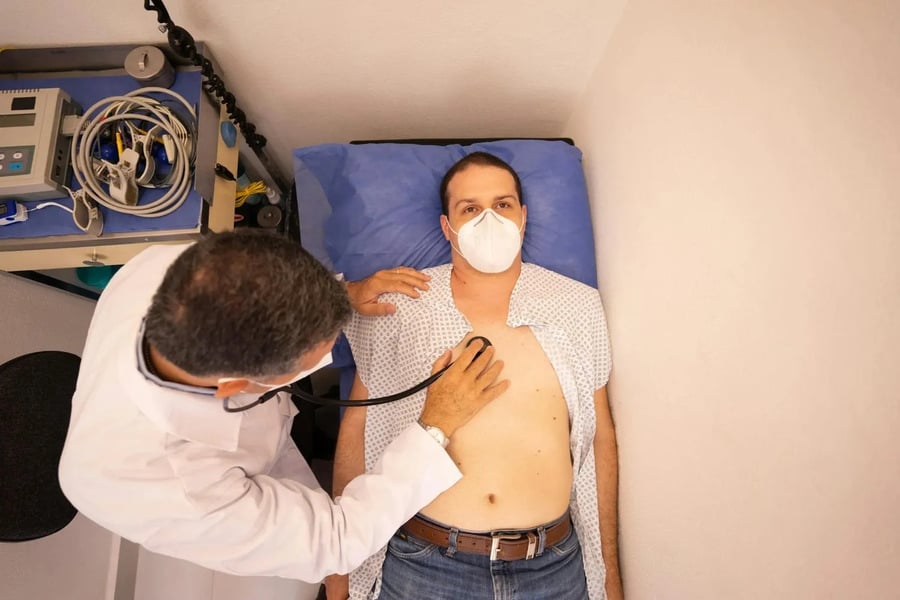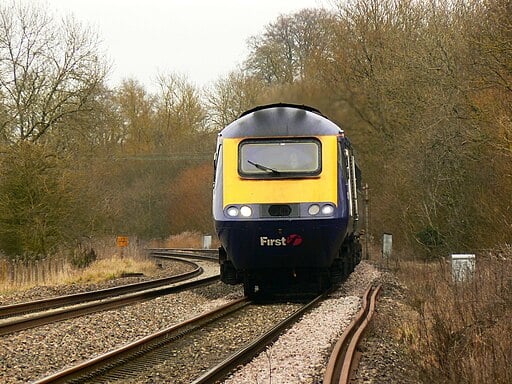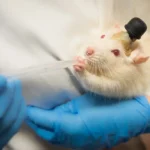A measles case has appeared in Auckland, New Zealand. Health officials worry this could spark a larger outbreak. The infected person worked on Fullers360 ferries and visited several public places while contagious.
Someone caught measles while traveling in Asia and brought it back. The person was a ferry crew member who worked on 11 different sailings on May 5th. They also shopped at Woolworths Kelston and used the Downtown Carpark.
Dr. Susan Jack from Health New Zealand says this is serious. New Zealand’s vaccination rate is only 80 percent. This is too low to prevent outbreaks. Experts need 95 percent coverage to protect communities. For Māori and Pacific children, the numbers are worse. Only 63.3 percent and 70.4 percent have their full vaccination.
“Measles is a serious and highly infectious illness,” Dr. Jack explained. “It can affect adults as well as children and babies.” She stressed that the MMR vaccine is the only way to prevent measles.
The ferry worker was contagious at several Auckland locations. At Woolworths Kelston on Saturday, May 3rd between 2:30 pm and 4:30 pm, 22 staff members were exposed. Some were sent home. On Monday, May 5th, the person took multiple ferry trips from 3:30 pm to 9:45 pm. Anyone using toilets on earlier sailings is considered close contact. Everyone on sailings after 7:40 pm is also considered close contact.
The person also used Auckland Downtown Carpark twice on Monday. Once between 1:30 pm and 2:30 pm for stair users. Again between 11 pm and midnight for lift users. Later that week, they visited Unichem New Lynn pharmacy on Wednesday between 9:00 am and 10:30 am. They also went to Mount Albert Pak n Save between 10:00 am and 11:45 am.
Measles spreads through tiny droplets when infected people cough or sneeze. The virus stays in the air for up to two hours after someone leaves. This makes it extremely contagious.
Symptoms start 10 to 14 days after catching it. First comes high fever over 38°C, cough, runny nose, and red watery eyes. After three to five days, a reddish rash appears on the face. It spreads down the body. People can spread measles from four days before the rash until four days after.
Most people recover, but complications can be serious. These include ear infections, diarrhea, pneumonia, and brain swelling. This can cause permanent damage or death.
Young children face the highest risk. So do pregnant women and people with weak immune systems. Babies under 12 months cannot get the vaccine. This makes them especially vulnerable.
Similar Posts
New Zealand’s low vaccination rates create dangerous gaps. The 2019 outbreak proved this when over 2,000 people got sick across the country.
Health officials urge anyone at exposure locations to check their vaccination status immediately. People can check through My Health Record at www.my.health.nz or contact their doctor. The MMR vaccine gives 97 percent protection with two doses.
Those not immune who were at these places should call Healthline on 0800 611 116. They must stay home until getting advice. If symptoms appear, call before visiting any healthcare facility. This prevents spreading it further.
The MMR vaccine is free for everyone under 18. It’s also free for those eligible for free healthcare in New Zealand. Even if unsure about previous doses, getting another vaccination is safe.
This case shows New Zealand’s vulnerability to imported diseases. Global travel is increasing. Measles cases are rising worldwide. Low vaccination rates create pockets where diseases spread fast.
Fullers360 is helping health authorities. They’re contacting exposed staff. The company follows all guidance to stop further spread.

Vaccination protects individuals and communities. When enough people get vaccinated, it shields those who cannot be. This includes newborn babies and people with weak immune systems.
This measles case serves as a wake-up call. New Zealand’s vaccination gaps need urgent attention. Without improvement, larger outbreaks could affect vulnerable people. They could strain the healthcare system.


















